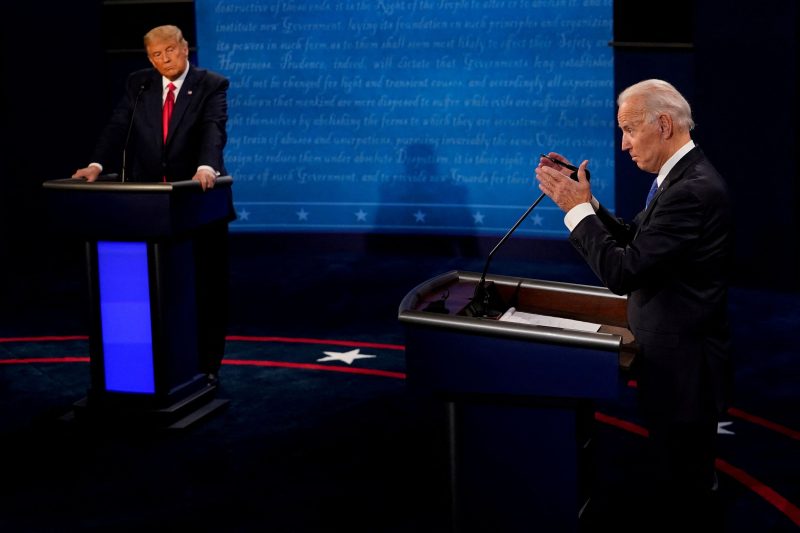
Can Debates Really Shift Voter Sentiment? Let’s Find Out!
Body:
The cornerstone of democracy is an informed electorate that genuinely understands the issues at stake and the stances of the various candidates. One of the most notable ways to accomplish this is through political debates, a custom that offers an open platform for candidates to present their arguments and counterarguments. However, the real question remains: can a single debate alter the course of voter sentiment?
Understanding the Impact of Debates
Debates are often the first opportunity for voters to hear directly from candidates unfiltered by other media. This stage allows the public to see the individuals vying for office outside the sketch of advertisements or party rhetoric. In these confrontational settings, voters discern not only where competitors stand on critical issues but also their character, leadership style, and problem-solving skills. To the right voter, a well-articulated point or a passionate speech can inspire change.
A Historical Viewpoint
History testifies to several monumental debates that have had considerable influence on voter sentiment. The U.S. presidential debate in 1960 between Kennedy and Nixon serves as a prime example. Kennedy’s charisma and ability to articulate his policies effectively caused a dramatic swing in voter sentiment, propelling him towards an eventual win. Furthermore, the 1980 debate between Reagan and Carter reportedly made undecided voters swing towards Reagan. Reagan’s closing statement, Are you better off than you were four years ago? struck a chord with many, illustrating the power of a well-crafted statement in a debate.
Debates in the Media Age
In today’s age of continuous media coverage and the omnipresence of social media, debates provide a robust platform for sound bites that might go viral, further extending their significance. Live tweeting, sharing, and constant analysis immediately before, during, and after the debate expand the reach beyond the live viewership. These sound bites often ignite extensive discourses both online and offline, driving public sentiment in one direction or another.
Psychological Impact of Debates
Debates also affect the psychology of voters. Watching a debate can help a voter feel more secure in their choice or may cause them to reconsider their stance. Furthermore, debates often appeal emotionally to voters. Emotional appeal tends to propel voter actions more than logic and facts. Strong, emotive performances in debates can draw in undecided voters and potentially sway opinions.
The Interplay of Voter Sentiment and Debates
Despite these factors, it’s noteworthy to mention that most committed voters have formed opinions before debates commence, meaning their impact on sentiment trajectory may be incremental rather than revolutionary. Several studies show that a majority of viewers watching debates are merely seeking affirmation of their chosen candidate rather than information.
Could a debate change the trajectory of voter sentiment? The evidence suggests that indeed they can, but typically in marginal terms. However, in a tight race, even a slight shift in public sentiment can change the final outcome. Therefore, the potential power of debates in shaping voter sentiment, whether monumental or subtle, should not be understated.
